Ancient Temple of Didim Apollo: Gateway to Spiritual Manipulation and Wisdom
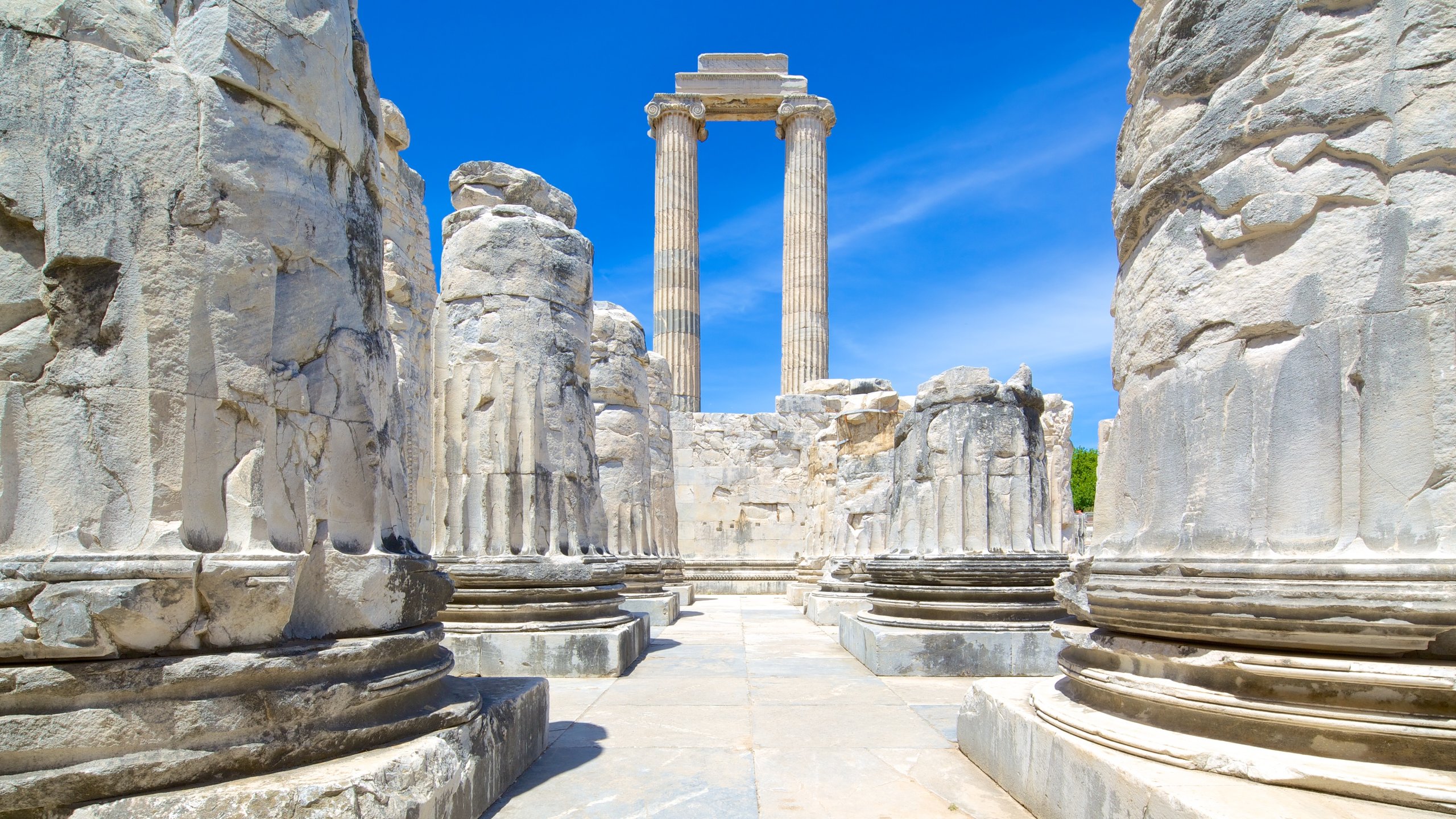
The Temple of Didim Apollo stands as a silent witness to centuries of human reverence, intrigue, and manipulation. Nestled within the confines of a rectangular enclosure, the statue of Apollo presided over a realm where worship, prayer, and offerings intertwined with the fabric of daily life. Yet, behind the veil of devotion lay a deeper truth: it was not merely the statue that commanded adoration, but rather the intangible essence of Apollo that permeated the minds and souls of believers through the medium of sculpted form.
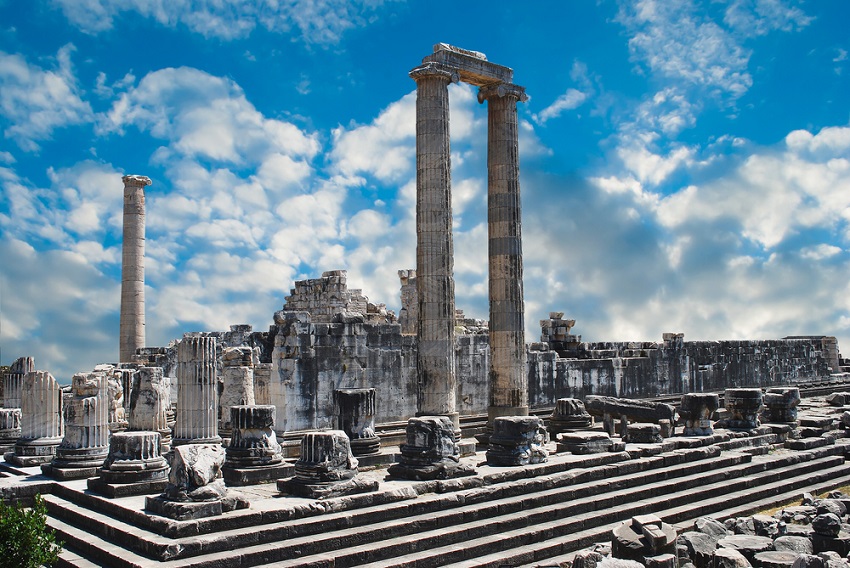
This grand temple, perpetually under construction yet never fully realized, loomed large in the landscape of ancient civilization. Its significance transcended mere religious devotion; it emerged as a nexus of wisdom, drawing seekers of knowledge and truth from far and wide. However, beneath the veneer of enlightenment lurked a darker reality: the temple, with its majestic grandeur and mystical aura, served as a potent tool for societal manipulation.
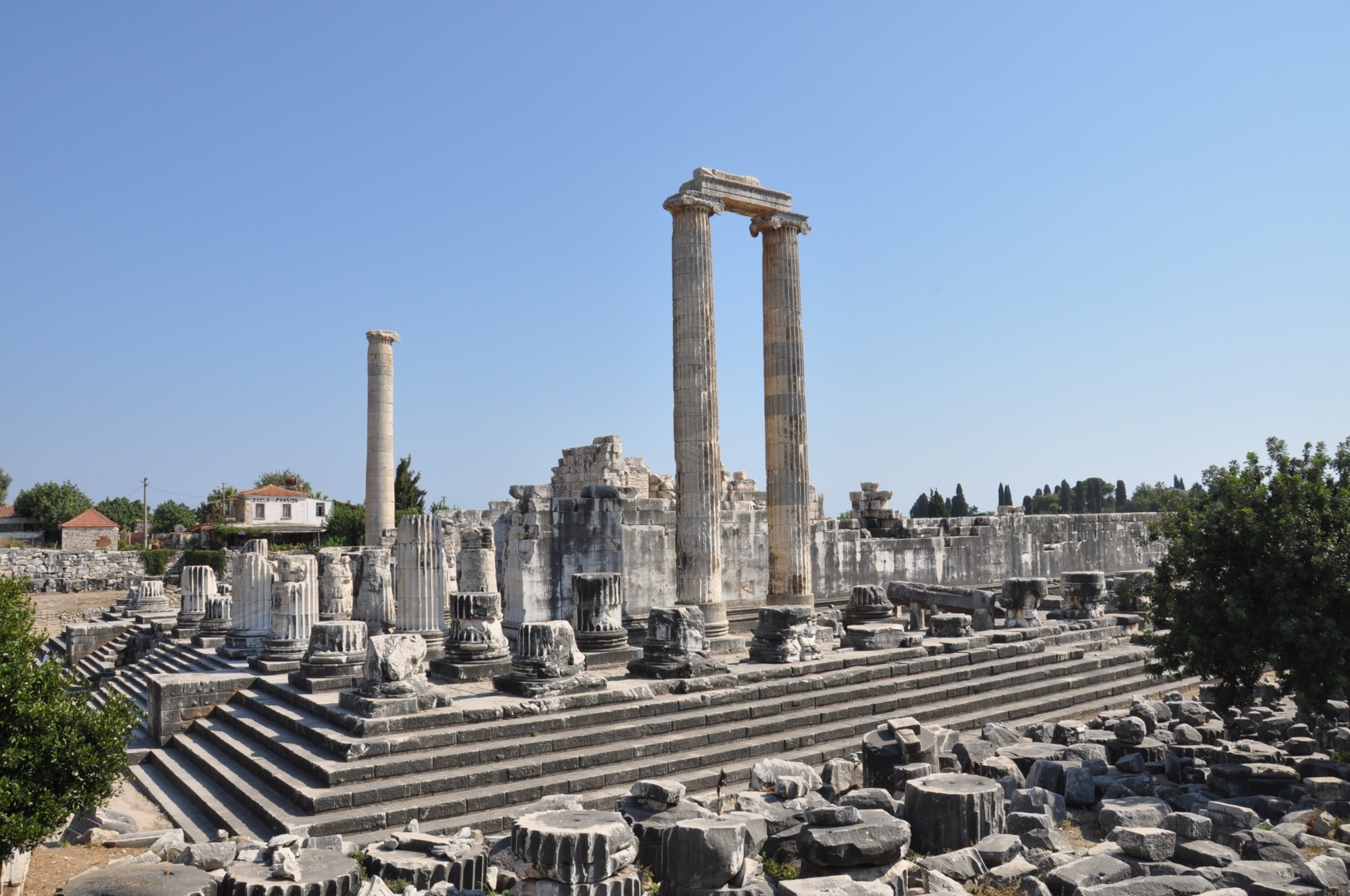
The allure of the temple, with its promises of divine favor and spiritual enlightenment, exerted a powerful influence over the masses. Through the magnificence of its architecture and the enigmatic presence of the Apollo statue, the temple wielded authority over the hearts and minds of believers, shaping their perceptions and guiding their actions. It embodied the epitome of grandiosity, instilling a sense of awe and subservience in those who crossed its threshold.
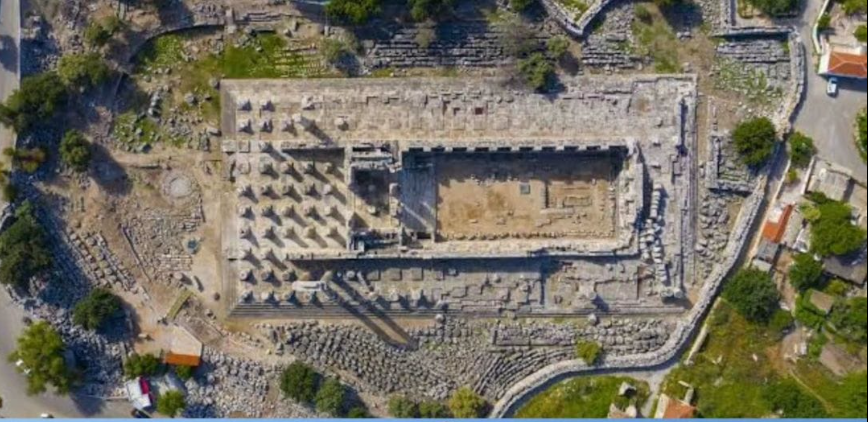
Yet, amidst the grandeur and mystique, a haunting question lingers: if the temple’s influence could captivate even the most discerning minds, what of those who were truly ensnared within its grasp? For the individual who claimed dominion over the realm of thought, who was revered as a deity and sought after for guidance and support, the impact of the temple’s manipulative power was profound and far-reaching.
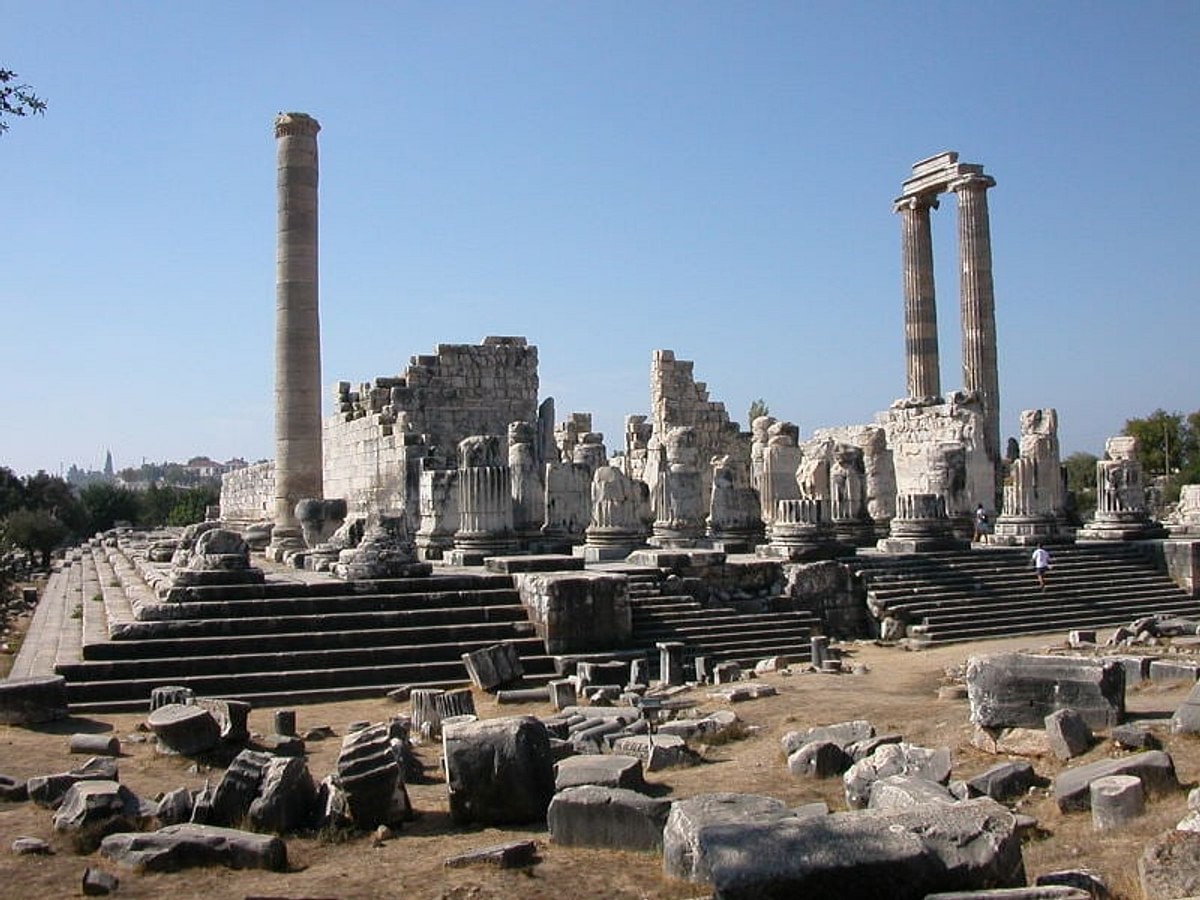
In contemplating the legacy of the Temple of Didim Apollo, one is confronted with the complexities of human belief, devotion, and vulnerability. It serves as a poignant reminder of the enduring allure of power and the insidious nature of manipulation, casting a shadow over the sanctity of religious institutions and the fragility of the human psyche. Yet, amidst the shadows, there also lies the potential for enlightenment and liberation—a testament to the resilience of the human spirit in the face of adversity and deceit.